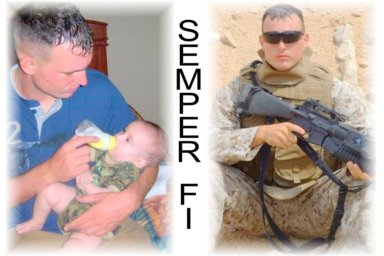Some days I feel like a three year old endlessly asking ‘why this?’, ‘why that?’.
Why
should ‘care’ be defined based on convenience? I bring Patti home or on outings on average of 4.5 evenings per week. Recently, I was asked, “Why? That’s not what most people do.”
Why
is it usually ‘spouse’ caregiver? What happened to blood is thicker than water? What about siblings or children … the only “non-blood’ relation is the spouse.
Why
do family and friends drift away leaving a challenged person increasingly isolated? … “Well, everyone has their own life to live.” When did family and friends become fragmented concepts instead of bonds?
Why is medical science racing to prolong life with no apparent thought to quality of life? Or even independent life?
Why
do we debate about how we ‘define’ a disability or ‘report’ a disability, rather than how can we better ‘care’? … Over 40% of people age 65 and older reported disabilities in 2000 Census. In 2002, the Census Bureau reported 11% of children ages 6 -14 had a physical or cognitive disability. … To caregivers, ‘they’ are not statistics but are names, faces, and heart strings.
Where
do people with challenges go? 20% of the overall population is challenged with a disability. Look around yourself when you are out, do you SEE people that reflect anything close to these numbers? To caregivers “where do they go?” is not only poignant but sometimes scary.
Confronted for years with a failing health care system, has this baby boomer generation become proverbial lemmings? Are too many simply looking out for themselves while crushing on toward collective and catastrophic consequences?
Who knows? Though 56 going on 3, I know that sometimes there just are not any good answers to “Why?”, well, … except maybe in dreamers:
“Yes, 'n' how many times can a man turn his head,
Pretending he just doesn't see?
The answer, my friend, is blowin' in the wind,
The answer is blowin' in the wind.”
Bob Dylan “Blowin’ In the Wind” (1963)
Caregivingly Yours, Patrick Leer

